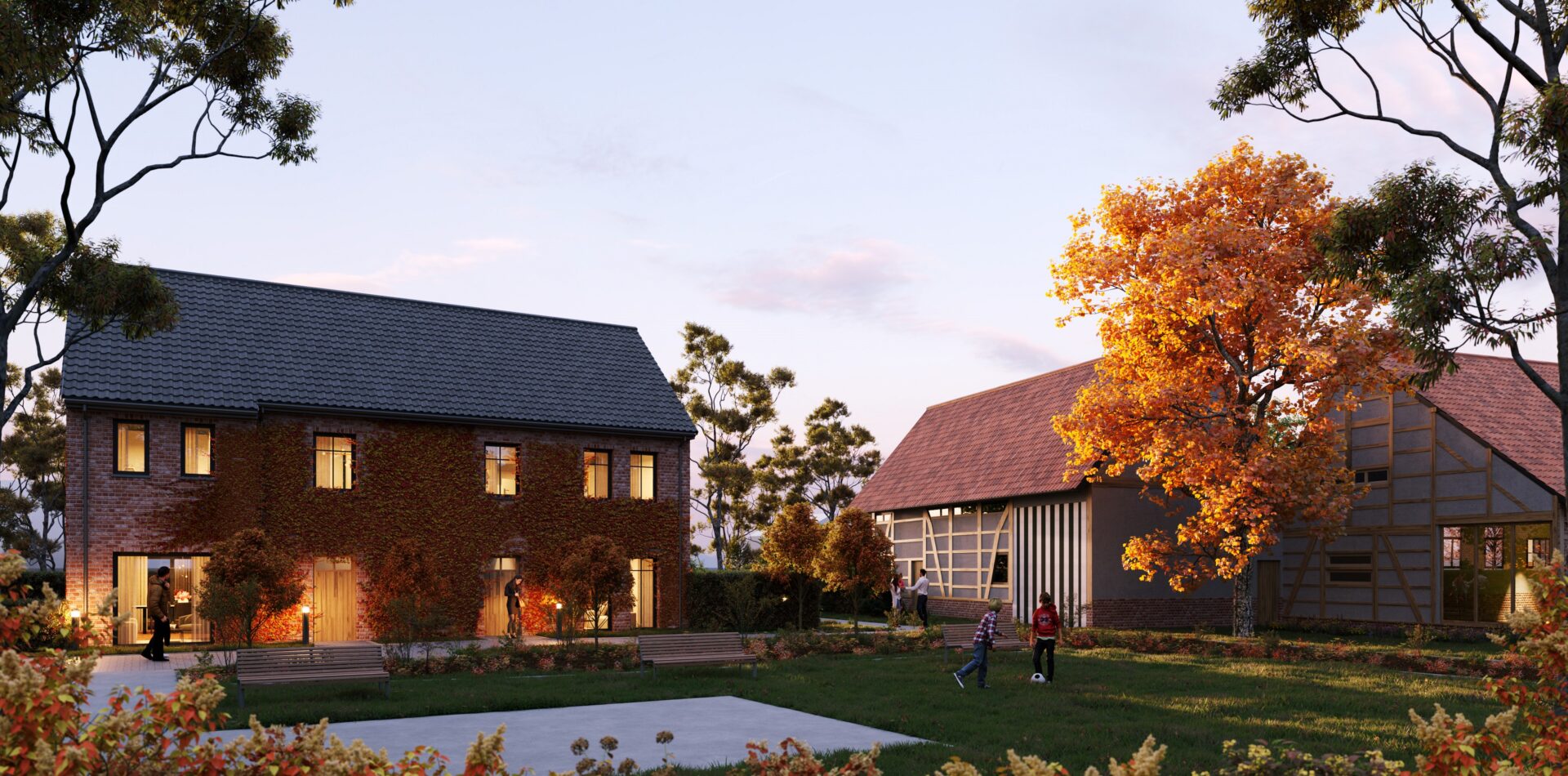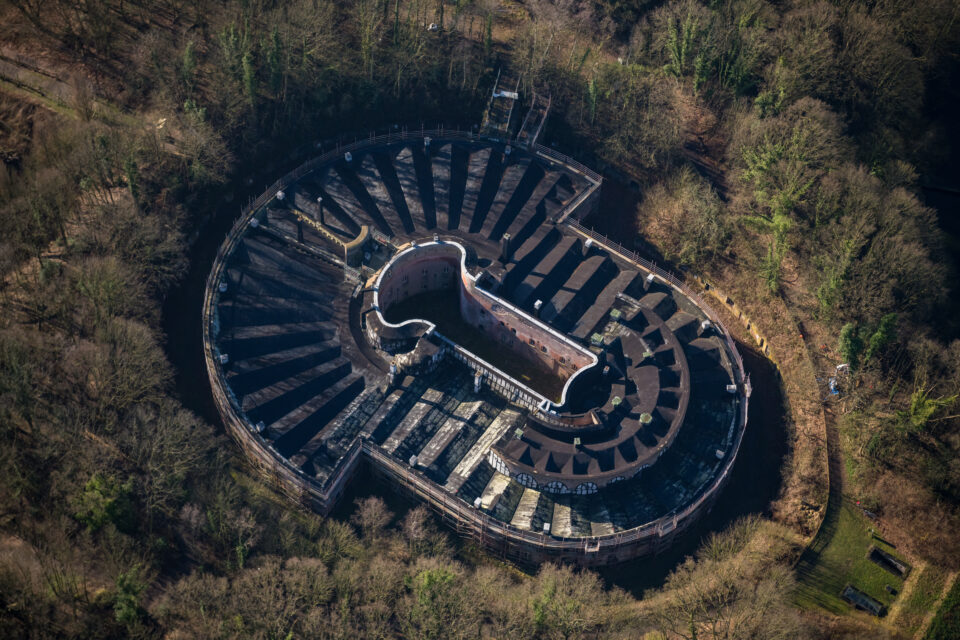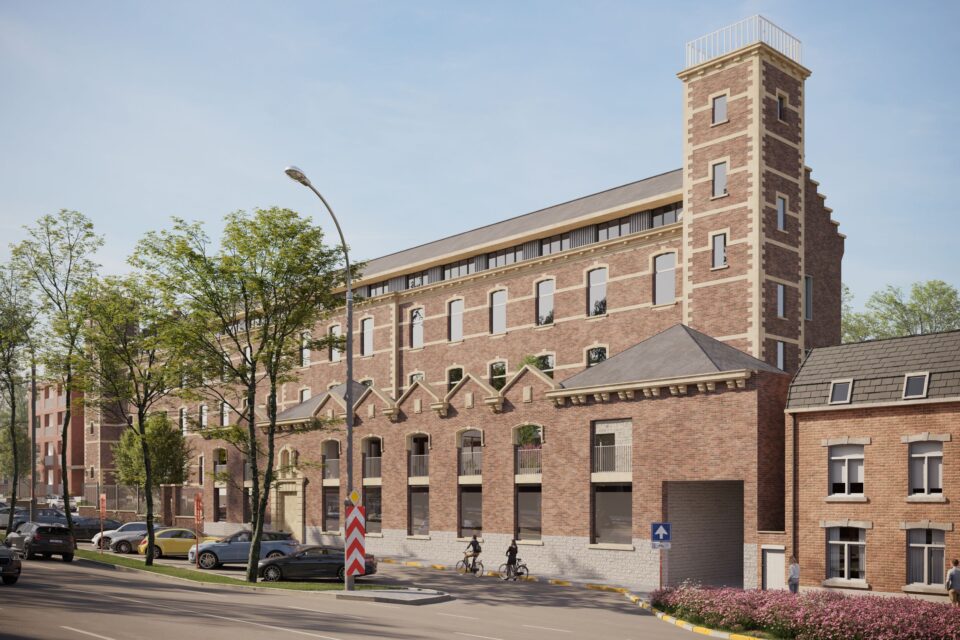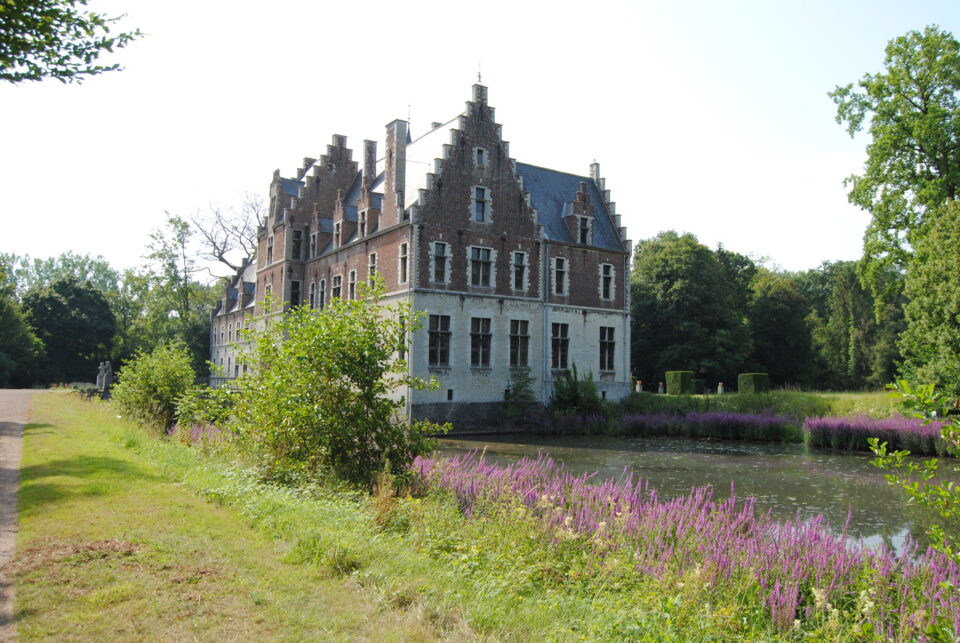Beguinage Sint-Truiden

The Flemish beguinages are unique pieces of world heritage. Today, the cobblestones, picturesque squares and houses with beguinage church still form a beautiful backdrop for walking and soaking up the rich past. But giving the old beguinage houses a modern residential function with respect for the history and surroundings requires a specific approach, and funding.
Beguinages were established from the 12th century, for women who wanted to live a devout life together without taking a monastic vow, perhaps the very first feminists. Today, beguinages are quiet islands in the urban fabric that bear witness to the fascinating tradition of the beguines. At the same time, they face several challenges today: expensive (but necessary) restoration and maintenance works, accessibility (for cars), sustainability, energy efficiency, protection from disruptive high-rise buildings… The Sint-Agnesbegijnhof of Sint-Truiden, founded in the 13th century around a centrally located church with forecourt outside the city walls near the Cicindria creek, also has these challenges. Gilen Real Estate already successfully renovated several properties there. It will soon do the same with the Godshuis in the beguinage, a stand-alone wide house from the 2nd half of the 18th century. The monument will be renovated: it will become 3 residential houses with adjoining space for 5 new homes.
Four generations
The renovation of the Godshuis is part of a series of heritage buildings in Sint-Truiden (including the Clarissenklooster, Huis Goeyens, the Refugieklooster and Huis Thenaers), Hoepertingen (vierkantshoeve) and Kozen (Paenhuys) that will be renovated by Gilen Real Estate. To this end, the family business is calling on funding from PMV to supplement its own resources. Gilen has a lot of experience: it has been building homes for four generations. Today it focuses on residential developments, inner-city projects and also the redevelopment of historical heritage. About four years ago, the Limburg-based company launched a new concept on the real estate market in Flanders: the Hamsterhuren@. Residents rent, but from the start are given a free option to buy the property later after deducting part of the rent paid. It typifies the commercial flair but also the developer’s social approach.
Lay Monastery
Protected monuments or buildings with historical value are a spearhead of the entrepreneur’s approach. It requires specific know-how to repurpose historically valuable buildings or listed monuments. In doing so, Gilen tries to restore heritage buildings to their original state with a new contemporary interpretation using natural materials, among other things. New concepts are not avoided: the Clarissenklooster, for instance, will become a ‘lay convent’ in which clergy and lay people live together, something new for Limburg. Because many heritage projects are often located in city centres, sometimes with a fairly large, adjacent and unused surface area, many renovation projects often include a new-build component for single- or multi-family dwellings: an approach that also fits in with the need for densification and efficient use of space that PMV endorses.
Also interesting



